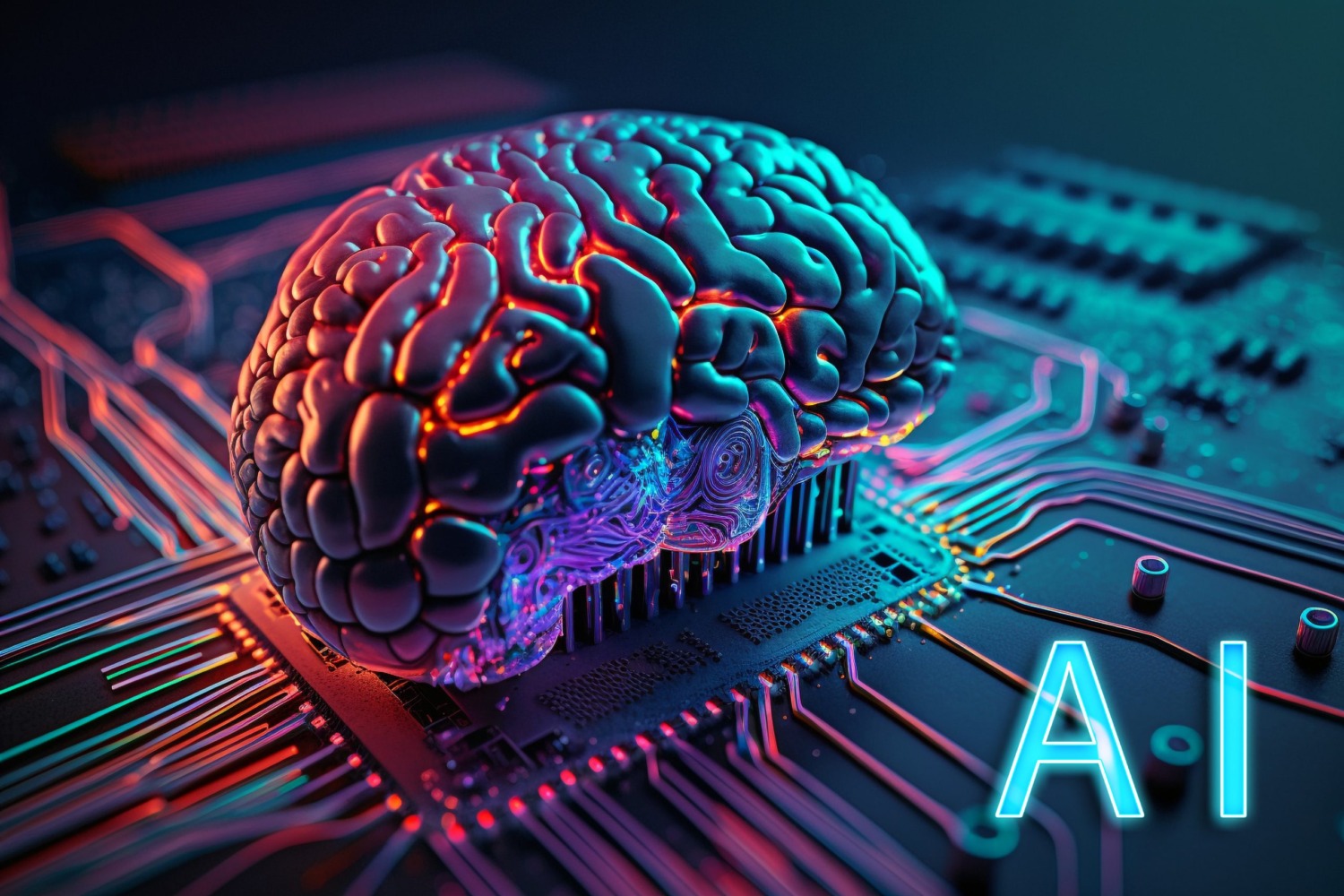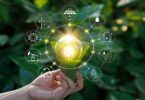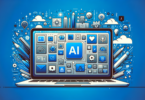The account of human uses of technology has often been an account of coevolution. Philosophers from Rousseau to Heidegger to Carl Schmitt have debated that technology is never a neutral instrument for accomplishing human ends. Technological inventions, from the most fundamental to the most refined, have reshaped individuals as they use these inventions to regulate their settings. AI is a new and strong instrument, and it, again, is changing humanity.
As time passed, the printing press made it feasible to account for history cautiously and simply communicate knowledge. However, it eradicated the centuries-old routine of oral storytelling. Universal digital and phone cameras have modified the way people experience and view incidents. Widely obtainable GPS structures have implied that drivers hardly get missing, but their dependability on them has also ignited their native ability to orient themselves.
AI is no different; while the phrase AI builds up worries about killer robots, unemployment, or a huge supervision state, there are other, more profound effects. Since AI highly molds the human experience, how does this modify what it implies to be human? Major to the issues is an individual’s ability to make selections, mainly conclusions that possess moral effects.
TAKING OVER OUR LIVES
AI is being utilized for large and quickly developing intentions. It is being utilized to foresee which TV channels or programs people will desire to watch the most depending on previous choices and to make judgments concerning who can borrow funds depending on previous renditions and other proxies for the possibility of reimbursements. It is being utilized to see scammed commercial dealings and recognize malignant growth. It is utilized to employ and sack judgments in big firms. It is being utilized in law enforcement, which has to do with evaluating the prospects of recidivism, police force sharing, and the facial recognition of criminal suspects.
A lot of these applications offer comparatively clear threats. If the algorithms utilized for loan endorsement, facial identification, and employment are taught on biased information, thereby generating biased structures, they memorialize existing discriminations and inequalities. However, researchers assume that cleaned-up information and stronger structuring would decrease and potentially eradicate algorithmic bigotry. It is feasible that AI could foresee things that are fairer and less biased than the ones carried out by people.
LOSING THE CAPACITY TO DECIDE
Aristotle debated that the ability to make practical decisions is based on making them often, either through habit or practice. We observe the advent of machines as reserved judges in an assortment of everyday notions as prospective harm to individuals learning how to exercise decisions themselves impactfully.
In the workplace, executives often judge whom to employ or sack, which loan to authorize, and where to station police officers, among other things. In these cases, algorithmic recommendations supersede human conclusions, and therefore, individuals who might have the opportunity to develop practical conclusions no longer will.
At the same time, this healing enhances what individuals can choose depending on what they have previously selected. The emergence of potent predictive technologies is also likely to influence fundamental political organization. The notion of human freedoms, for instance, is based on the understanding that humans are majestic, unpredictable, self-ruling agents whose liberties are required to be assured by the state. If humanity or a minimum of judgment-making turns out to be more predictable, will political organizations continue to sefegaurd human liberties in the same pattern?






